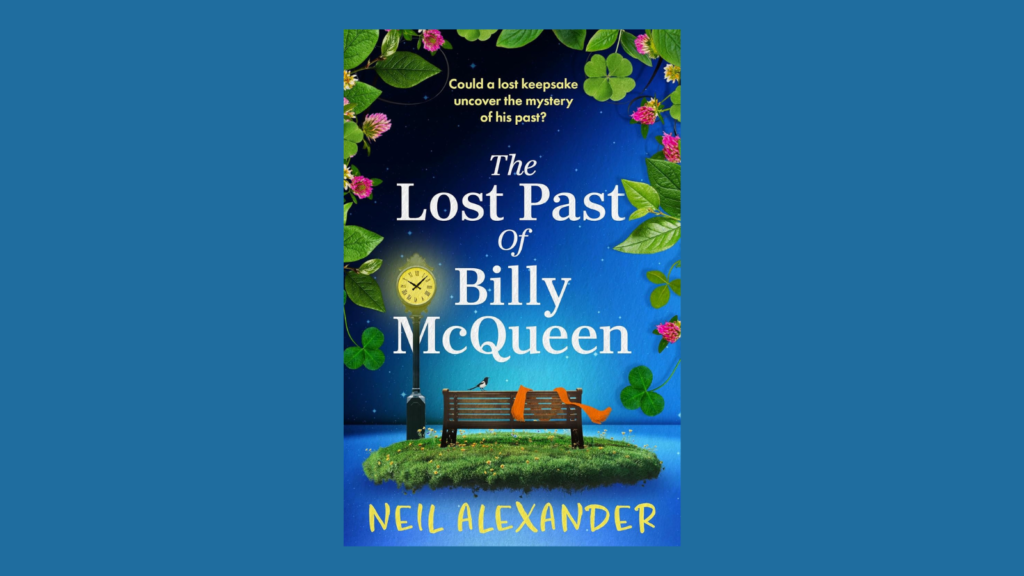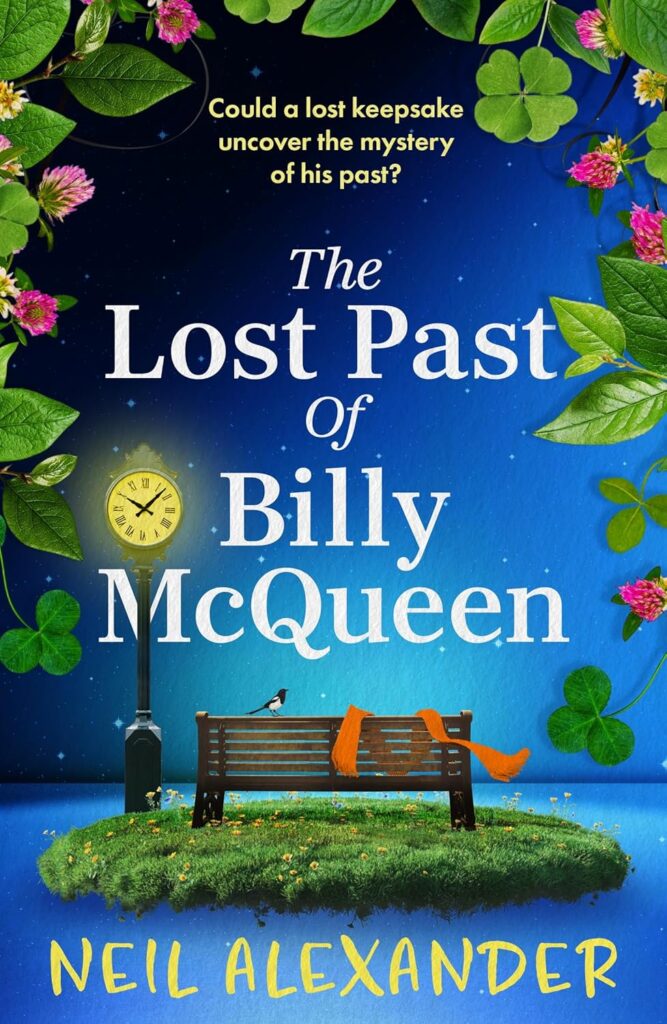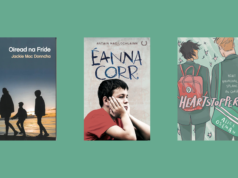
The Lost Past of Billy McQueen|Neil Alexander|Embla Books
A strong sense of nostalgia and hope—The Lost Past of Billy McQueen
by Susan McKeever
On the night of the 11th of July 1989, bonfires rage across Northern Ireland in anticipation of the Glorious Twelfth, a time when Protestant marchers showcase their allegiance to King Billy’s victory over the Catholics hundreds of years earlier. Flutes will whistle and giant Lambeg drums will be beaten. But for fifteen-year-old Billy McQueen this is of no interest whatsoever. At a time when the Troubles are alive, all Billy cares about is why his beloved friend Conor Doherty has not turned up in their planned meeting place, a disused workman’s hut.
Flash forward to August 2023, and fifty-year-old Billy is in an excruciating interview for a barista job in a café in Margate. Badly down on his luck, he’s struggling to make ends meet, even finding himself a pound short to buy a bag of chips. He’s still listening to eighties tunes on a Walkman, drinking cheap red wine by the neck, and having to tweak the meter to get electricity in his dilapidated flat. Lost in memories, he reflects on an Ireland he had to leave behind all those years ago.
As if summoned by a genie, a phone call comes from his old next-door neighbour, Bev, to give the news his mother has suffered a stroke and is in a coma. He must return home and, with no money, Bev says she will buy his ticket. Billy’s mum Sadie had disowned him after he left for university, refusing to accept he was gay, not acknowledging the Mother’s Day, Christmas and birthday cards he faithfully sent her each year.
The scene set, the book switches back and forth between 1989 and 2023, rewinding to the genesis of the love between awkward teens Billy and Conor, confused and torn by their feelings that they must be gay, amid a hostile wave of antipathy against ‘fruits’ that bloomed in the Northern Ireland of the past.

Bit by bit we learn about Billy’s past, as the memories flood back the minute he turns the key in his childhood home, unchanged since he left it, complete with avocado bathroom suite and a cupboard full of Schwarz spices (best before October 1982). The only room that’s been completely changed is his bedroom, with all evidence of the burgeoning young gay man removed, the posters of Kylie replaced by a neutral magnolia. Here, he is mystified to find a mixtape left by Conor, dated the day he disappeared in 1989. Through Facebook, he finds his old friend and confidante Aine, and the years melt away the moment they set eyes on each other.
Together, working as amateur sleuths, they determine to find out what happened to Conor, pursuing various leads that mostly turn into dead ends, but also lead to the shocking truth being finally revealed.
Throughout the book, the episodes in the past deliver a palpable feel of growing up as a teenager in Troubles-wrought Northern Ireland; the latter is only incidental though, referred to through security searches to get into Belfast City Centre, but it’s clear the teens just see it as an inconvenience rather than a war. More important are the songs of the time, peppered throughout and lovingly compiled in Conor’s mixtapes for Billy. We learn of Sadie’s horror that her son might be gay, exacerbated by her preacher boyfriend, Mervyn, who several times tries to ‘cure’ Billy, preaching from his pulpit that homosexuality is a sin, citing Section 28, a law introduced forbidding any teaching of such an ‘abomination’ in schools: ‘Why else did God destroy Sodom and Gomorrah?’
Characters like Big Gay Willy (who never tried to hide his light under a bushel) and Wendy (who hilariously seduced Billy and became his girlfriend when he was trying to ‘get better’ from being gay) add a good deal of laughter to the stories from the past and present.
Although many of the themes in the book are sad – heartbreaking loss, senseless violence and cruelty, and grief — the narrative never descends into pathos, and we are left with a strong sense of nostalgia and hope. A playlist at the end allows us to wallow more in the music of the time – starting with Kylie, of course.

Susan McKeever is an editor, writer and ghostwriter for several Irish and international publishers and authors. She works from her home in the red-brick heart of Dublin’s Portobello. @MckeeverSusan











